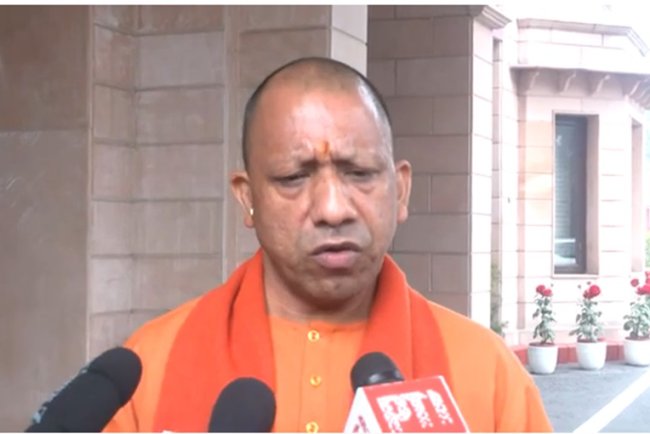India: Forest Success & Big Cat Call at UNFF20
India highlighted its forest conservation strategies and sustainable forest management initiatives at the 20th UN Forum on Forests in New York, including afforestation, ecosystem valuation, and its International Big Cat Alliance proposal.
India participated in the United Nations Forum on Forests' 20th session (UNFF20) at the United Nations Headquarters, New York, between May 5 and 9, 2025. During the conference, India submitted its achievements towards forest conservation and forest management in a sustainable manner in accordance with its Voluntary National Contributions (VNCs) of the UN Strategic Plan for Forests 2017–2030. The country exhibited a consistent increase in tree and forest cover, which has spread to cover 25.17% of the country's geographical area, as per the latest India State of Forest Report. These are the result of massive initiatives such as the revival of Aravalli Green Wall, a 7.86% growth in mangrove cover in the past ten years, afforestation in more than 1.55 lakh hectares under the Green India Mission, and the planting of 1.4 billion saplings under the Ek Ped Maa Ke Naam campaign.
One of the highlights of Indian participation was its international call to nations to become members of the International Big Cat Alliance (IBCA). This platform, led by India, seeks to protect the seven major big cat species from the world by fostering global cooperation in research, the sharing of knowledge, and building capacity. The platform is meant to promote cooperation between nations experiencing similar issues in conserving their biodiversity.
India also emphasized forest fire management and forest certification by recalling the Country-Led Initiative (CLI) it convened in Dehradun during October 2023. It called for more international support in integrating CLI outcomes into international forestry arrangements. CLI actions of the Republic of Congo, Democratic People's Republic of Korea, and Austria were also acknowledged to contribute to a consideration of salient forestry issues.
India's side event on restoring degraded forest landscapes was an indication of the country's vision towards sustainable forest management. The debate revolved around the interplay between policies, multi-source mobilization of funds, participation of local people, and utilization of technology in forest monitoring. The event highlighted India's approach towards climatic resilience as well as its global forest contribution.
India also participated in a high-level panel discussion on mainstreaming ecosystem valuation into national policy and planning. Based on pilot studies in Uttarakhand, Rajasthan, and tiger reserves, India showcased its experience in valuing ecosystem services such as carbon sequestration, water provisioning, and biodiversity conservation. These were based on methods such as the System of Environmental-Economic Accounting (SEEA) and the Millennium Ecosystem Assessment (MEA). While India acknowledged the challenges of estimating non-market services, it emphasized the need for integrating such data into national governance systems to ensure long-term ecological sustainability.
India's engagement at UNFF20 reflected its evolving position in global forest policy and its initiatives towards integrated, evidence-based, and community-led solutions to environmental issues. The mission was led by Shri Sushil Kumar Awasthi, Director General of Forests and Special Secretary, Ministry of Environment, Forest and Climate Change, Government of India.
Source/Credits:
Press Information Bureau (PIB), Government of India
Date: May 9, 2025
What's Your Reaction?



















